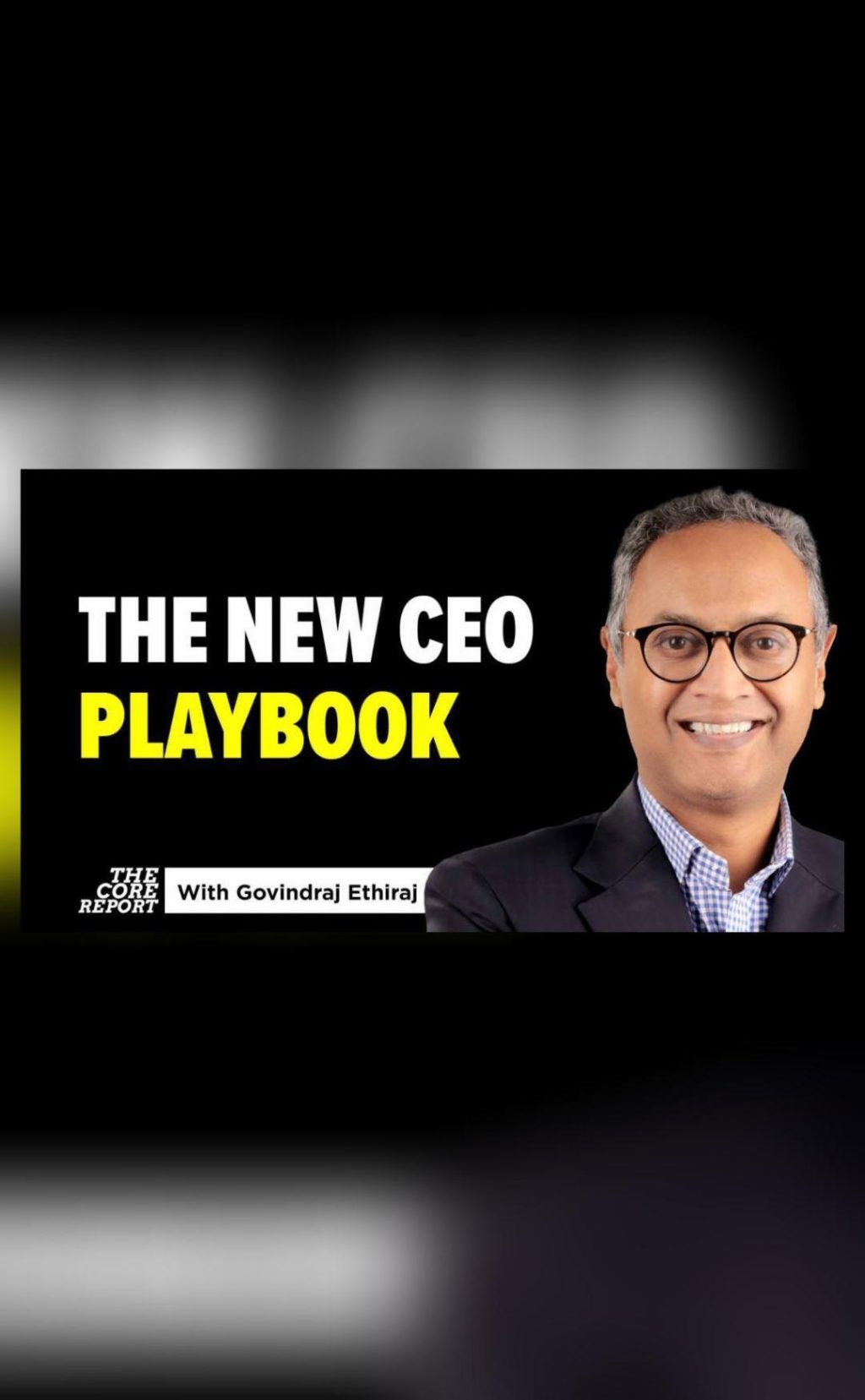
The New CEO Playbook: AI Pressures & Global Tariff Shocks
In today’s fast-paced, tech-driven business landscape, CEOs face unprecedented challenges. The rise of artificial intelligence (AI) and global tariff shocks have created a complex web of internal and external pressures that require CEOs to rethink their strategy and operations to remain competitive.
As AI reshapes industries and tariff shocks disrupt trade, CEOs are being pushed to localise, adapt, and reconsider long-held business models. With no guarantee of stability, companies must navigate these uncharted waters to stay ahead of the curve.
AI Pressures
AI is transforming industries at an unprecedented rate. From customer service to supply chain management, AI is automating processes, improving efficiency, and enhancing decision-making capabilities. However, this rapid adoption of AI also presents significant internal pressures for CEOs.
Firstly, AI requires significant investments in technology and training. CEOs must allocate resources to upskill their workforce, ensuring employees can work alongside AI systems to maximise benefits. This can be a significant challenge, particularly for smaller companies with limited budgets.
Secondly, AI raises concerns about job displacement and employee anxiety. As AI takes over routine tasks, CEOs must address the emotional and psychological impact on their workforce. This requires a delicate balance between embracing AI innovation and protecting employee interests.
Lastly, AI presents a risk of data breaches and security threats. CEOs must ensure their companies’ data is secure and protected from cyber attacks, which can have devastating consequences for business reputation and customer trust.
Global Tariff Shocks
The implementation of global tariffs has sent shockwaves through industries worldwide. From agriculture to manufacturing, tariffs have disrupted trade flows, increased costs, and impacted global supply chains.
CEOs must navigate this complex landscape, balancing the need to protect their companies’ interests with the risk of retaliatory tariffs and trade wars. This requires a deep understanding of global trade policies, market trends, and the impact of tariffs on their businesses.
Adapting to Uncertainty
In this era of AI pressures and global tariff shocks, CEOs must be agile and adaptable to changing circumstances. This involves:
- Diversification: CEOs must diversify their businesses to reduce dependence on specific markets or industries. This can involve investing in new products, services, or geographic regions.
- Localisation: As tariffs and trade policies change, CEOs must localise their operations to reduce reliance on global supply chains. This can involve setting up local manufacturing facilities or partnering with local suppliers.
- Innovation: CEOs must drive innovation to stay ahead of the curve. This involves investing in research and development, embracing AI and automation, and exploring new business models.
- Collaboration: CEOs must build strong relationships with suppliers, customers, and partners to navigate the complexities of global trade. This involves fostering open communication, trust, and cooperation.
Rethinking Strategy and Operations
In this new CEO playbook, strategy and operations must be rethought to accommodate the challenges of AI and global tariff shocks. This involves:
- Re-skilling the workforce: CEOs must invest in employee training and development to ensure their workforce is equipped to work alongside AI systems.
- Digital transformation: CEOs must drive digital transformation, leveraging AI, automation, and data analytics to improve operational efficiency and decision-making capabilities.
- Risk management: CEOs must develop robust risk management strategies to mitigate the impact of tariffs, trade wars, and AI-related risks.
- Scenario planning: CEOs must develop scenario plans to prepare for different trade and economic scenarios, ensuring their businesses are adaptable and resilient.
Conclusion
The new CEO playbook is all about adaptability, resilience, and innovation. As AI reshapes industries and global tariff shocks disrupt trade, CEOs must be prepared to rethink their strategy and operations to remain competitive.
By embracing AI, localising operations, and driving innovation, CEOs can navigate the complexities of this new business landscape. With the right mindset and strategies, companies can thrive in the face of uncertainty and emerge stronger, more agile, and more resilient than ever before.
Source:






